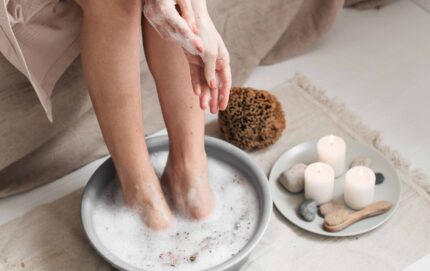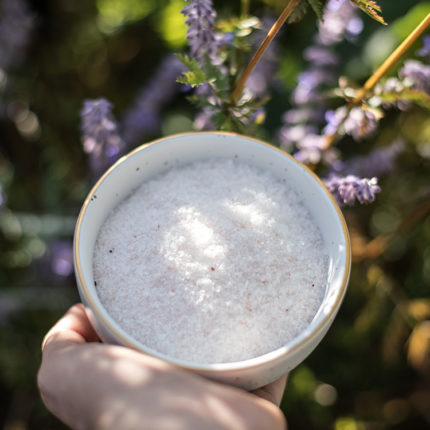Many Americans are magnesium deficient, which can lead to high blood pressure, anxiety and heart problems
Most people know about the importance of calcium and vitamin D, but many Americans are also magnesium deficient. Doctors say it stems largely from the increasing prevalence of processed foods in our diets. A lack of magnesium — which helps regulate the activity of more than 300 enzymes in the body — can contribute to high blood pressure, hyperactivity, heart problems and other health issues, doctors warn.
“Living without adequate levels of magnesium is like trying to operate a machine with the power off,” says Dr. Christiane Northrup, an award-winning, board-certified ob/gyn and author of The New York Times bestsellers such as The Wisdom of Menopause and Women’s Bodies, Women’s Wisdom.
Magnesium deficiencies cause more than 90 percent of all hypertension cases in adults, says Dr. Natasha Campbell-McBride, founder of The Cambridge Nutrition Clinic in Cambridge, England, and author of the international bestseller Gut and Psychology Syndrome, as well as Put Your Heart in Your Mouth. “Magnesium is one of the most precious minerals in your body,” Campbell-McBride says. “But magnesium deficiency is widespread because we eat too many processed carbohydrates.”
Some suggestions from doctors to boost your body’s magnesium levels:
- Eat foods that are good sources of magnesium, such as greens, nuts and oily seeds.
- Ask your physician about whether you should take magnesium supplements.
- Soak in Epsom salt, which is actually magnesium sulfate.
“Epsom salt is absorbed through the skin and will help replenish magnesium stores,” Dr. Northrup says. “This ‘treatment’ can easily include a relaxing bath with a good book.”
The magnesium and sulfate in Epsom salt help detoxify the body, says Dr. Campbell-McBride. She recommends adding half a cup of Epsom salt and soaking every other day for 30 minutes.
“If the baths are done regularly,” Dr. Campbell-McBride says, “they can be quite effective.”
Dr. Campbell-McBride advises that anyone with high blood pressure should bathe in water that’s warm and not hot. To learn more, you can listen to a recording of her from this month’s 11th Annual Wise Traditions Conference, "The Politics of Food.”
Note: For human use, the Epsom Salt Council recommends only Epsom salt with the USP designation.





